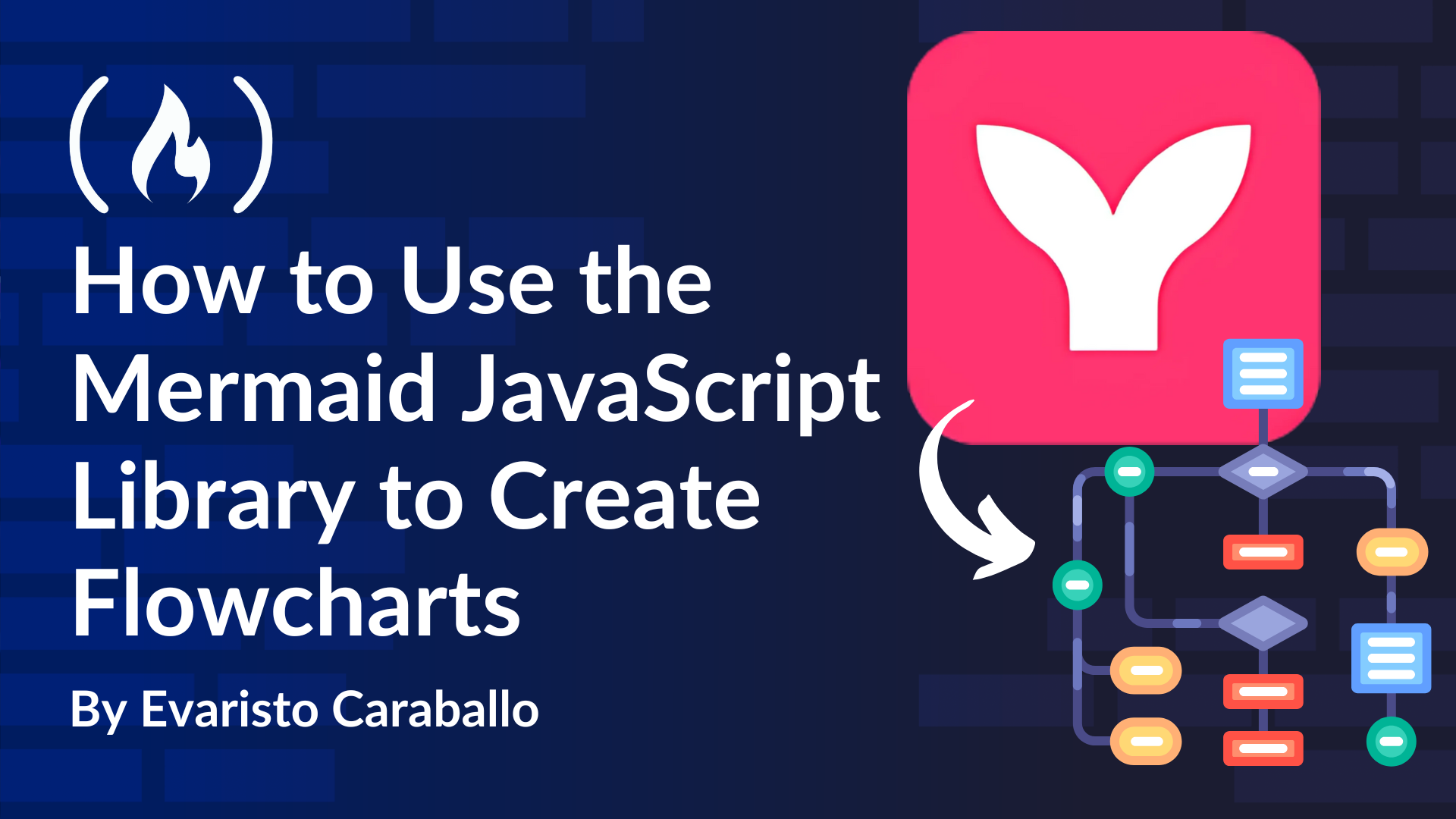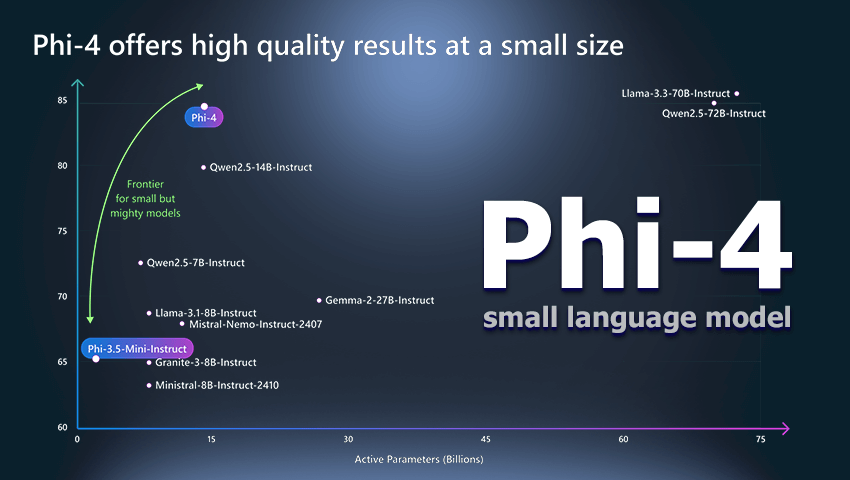Lessons from My 2 SaaS Exits
Sharing what I wish I had known before selling my 2 SaaS — Selling a SaaS isn’t just about the numbers. It’s a deep dive into who you are, how you perceive success, and the fine line between ego and purpose. After selling two SaaS companies, here’s what I’ve learned—without the BS. (yes, I got the microacquire cap and tee shirt (lol)) You Learn About Yourself The biggest lesson? The stark difference between loving having money and loving earning money. Let me tell you: when that wire transfer hit my account, it sparked zero emotion. None. Not even a twitch of excitement. You know what did? That very first sale—seeing someone validate my idea, trust it, and pay for it. Nothing compares to the thrill of seeing your vision take shape and prove itself in the real world. Selling a company isn’t just a transaction. It’s not just a website or a piece of software; it’s years of your life, poured into an idea. It’s the late nights, the obsessive focus, the dopamine rushes, and the crashes. Selling is like saying goodbye to a part of yourself. Honestly, it’s selling your baby. You feel the cut, no matter how much the check says. It Boosts Your Ego, But Not Only That Selling a business shifts how people see you. Suddenly, your arguments weigh more, your advice sounds smarter, and everyone’s whispering: “This person can build and sell. They’ve got it.” It’s a validation of competence, a pat on the back for pulling off something many only dream of. But beware: an inflated ego can quickly spiral out of control. Let the validation empower you, but keep your feet on the ground. No one likes the guy who can’t stop talking about “that one time I sold my SaaS.” The Cash Flow Headache: rent or lump sum? More money, more problems (it’s not just a catchy lyric.) A fat payout brings its own set of headaches: Stress skyrockets. Suddenly, you’re responsible for a bigger lifestyle, larger decisions, and riskier moves. Spending spirals. That payout makes you feel like a king, and kings delegate everything. Tasks you used to handle? Outsourced. Costs climb fast when you start over-delegating just to enjoy more “free time.” Excess is tempting. Living the dream is fine—until the dream becomes wasteful indulgence. That balance between enjoying life and letting it consume you? A tightrope walk. Let’s not forget the existential question: What’s next? If you sold just to stroke your ego or see your name in the papers, congrats, you’ll enjoy about 48 hours of fame. Then it’s gone. Fame fades fast. Without a clear purpose after the sale, you’ll quickly realize that money doesn’t fill the void. And yes, Uncle Ben from Spider-Man was spot on: “With great power comes great responsibility.” Having more money is power, but it also means bigger responsibilities—both for managing it and using it wisely. It’s easy to slip into a different kind of matrix: not the 9-to-5 grind, but the pressure to prove yourself through material things. Ask yourself: why escape one matrix just to get trapped in another? Bootstrapper’s Dilemma: More Money, More Options As someone who bootstrapped everything, that extra cash is both a blessing and a trap. It can: Make fundraising feel effortless. You’re negotiating from a place of strength now. Allow you to build faster by outsourcing more. But here’s the rub: with more money, you’re prone to inflate expenses unnecessarily, losing that scrappy, resourceful edge. Selling Isn’t the Endgame Selling your SaaS isn’t about the money, the fame, or even the validation. It’s about what comes next. If you’ve got a plan, the payout is a launchpad. If you don’t, it’s just another weight to carry. So, think twice before you sell. Not about the number, but about the reason.

Sharing what I wish I had known before selling my 2 SaaS — Selling a SaaS isn’t just about the numbers. It’s a deep dive into who you are, how you perceive success, and the fine line between ego and purpose. After selling two SaaS companies, here’s what I’ve learned—without the BS.

(yes, I got the microacquire cap and tee shirt (lol))
You Learn About Yourself
The biggest lesson? The stark difference between loving having money and loving earning money.
Let me tell you: when that wire transfer hit my account, it sparked zero emotion. None. Not even a twitch of excitement. You know what did? That very first sale—seeing someone validate my idea, trust it, and pay for it. Nothing compares to the thrill of seeing your vision take shape and prove itself in the real world.
Selling a company isn’t just a transaction. It’s not just a website or a piece of software; it’s years of your life, poured into an idea. It’s the late nights, the obsessive focus, the dopamine rushes, and the crashes. Selling is like saying goodbye to a part of yourself. Honestly, it’s selling your baby. You feel the cut, no matter how much the check says.
It Boosts Your Ego, But Not Only That
Selling a business shifts how people see you. Suddenly, your arguments weigh more, your advice sounds smarter, and everyone’s whispering: “This person can build and sell. They’ve got it.”
It’s a validation of competence, a pat on the back for pulling off something many only dream of. But beware: an inflated ego can quickly spiral out of control. Let the validation empower you, but keep your feet on the ground. No one likes the guy who can’t stop talking about “that one time I sold my SaaS.”
The Cash Flow Headache: rent or lump sum?
More money, more problems (it’s not just a catchy lyric.) A fat payout brings its own set of headaches:
- Stress skyrockets. Suddenly, you’re responsible for a bigger lifestyle, larger decisions, and riskier moves.
- Spending spirals. That payout makes you feel like a king, and kings delegate everything. Tasks you used to handle? Outsourced. Costs climb fast when you start over-delegating just to enjoy more “free time.”
- Excess is tempting. Living the dream is fine—until the dream becomes wasteful indulgence. That balance between enjoying life and letting it consume you? A tightrope walk.
Let’s not forget the existential question: What’s next? If you sold just to stroke your ego or see your name in the papers, congrats, you’ll enjoy about 48 hours of fame. Then it’s gone. Fame fades fast. Without a clear purpose after the sale, you’ll quickly realize that money doesn’t fill the void.
And yes, Uncle Ben from Spider-Man was spot on:
“With great power comes great responsibility.”
Having more money is power, but it also means bigger responsibilities—both for managing it and using it wisely. It’s easy to slip into a different kind of matrix: not the 9-to-5 grind, but the pressure to prove yourself through material things. Ask yourself: why escape one matrix just to get trapped in another?
Bootstrapper’s Dilemma: More Money, More Options
As someone who bootstrapped everything, that extra cash is both a blessing and a trap. It can:
- Make fundraising feel effortless. You’re negotiating from a place of strength now.
- Allow you to build faster by outsourcing more. But here’s the rub: with more money, you’re prone to inflate expenses unnecessarily, losing that scrappy, resourceful edge.
Selling Isn’t the Endgame
Selling your SaaS isn’t about the money, the fame, or even the validation. It’s about what comes next. If you’ve got a plan, the payout is a launchpad. If you don’t, it’s just another weight to carry.
So, think twice before you sell. Not about the number, but about the reason.





















